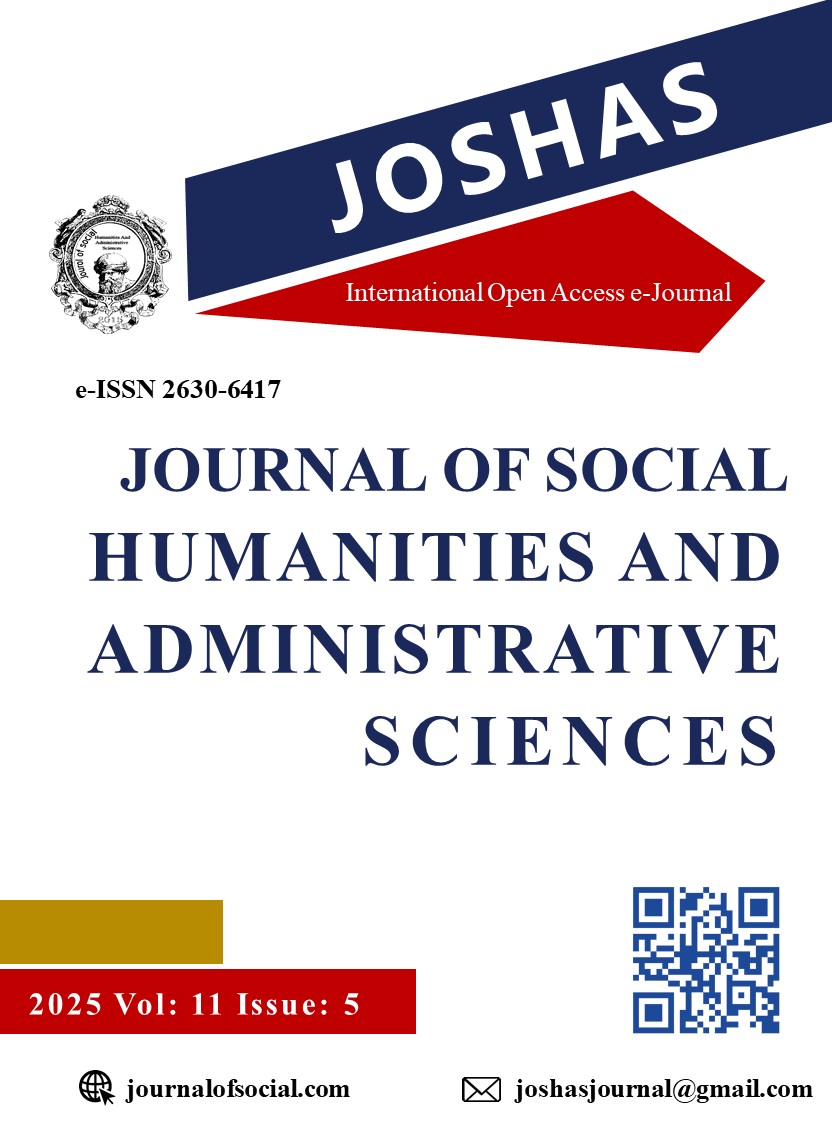Author :
Abstract
Keywords
Abstract
Changes and developments in the field of technology are reflected in the educational environment and affect students and teachers in various ways. Artificial intelligence, which has been much more involved in daily life in recent years, is thought to bring about radical changes in the educational environment in the future. For this reason, teachers' perceptions, concerns and usage levels of artificial intelligence are of great importance. In this context, the aim of this study is to reveal the perceptions of classroom teachers about artificial intelligence and their opinions about their concerns. Phenomenology (phenomenology), one of the qualitative research method designs, was used in the study. The study group of the research consists of 40 classroom teachers, 28 female and 12 male, working in the center of Malatya in the 2024-2025 academic year. Purposive sampling, one of the non-random sampling methods, was preferred in the study. The data were collected through semi-structured interview questions and analyzed by content analysis method. As a result of the research, it was seen that the vast majority of classroom teachers did not receive any training on artificial intelligence. However, it was seen that most of them use artificial intelligence tools in their lessons. While teachers stated that artificial intelligence positively affects the educational environment, facilitates understanding and learning, and makes learning practical, they also stated that it can lead to laziness. It was determined that classroom teachers use artificial intelligence in the fields of banking, education and health and generally prefer to access information. In addition, while some classroom teachers stated that they did not have any concerns about the use of artificial intelligence in the education environment, others stated that they were concerned that it would accustom students to laziness, increase digital addiction, reduce students' research skills, reduce teacher-student interaction, and accustom students to readiness.





